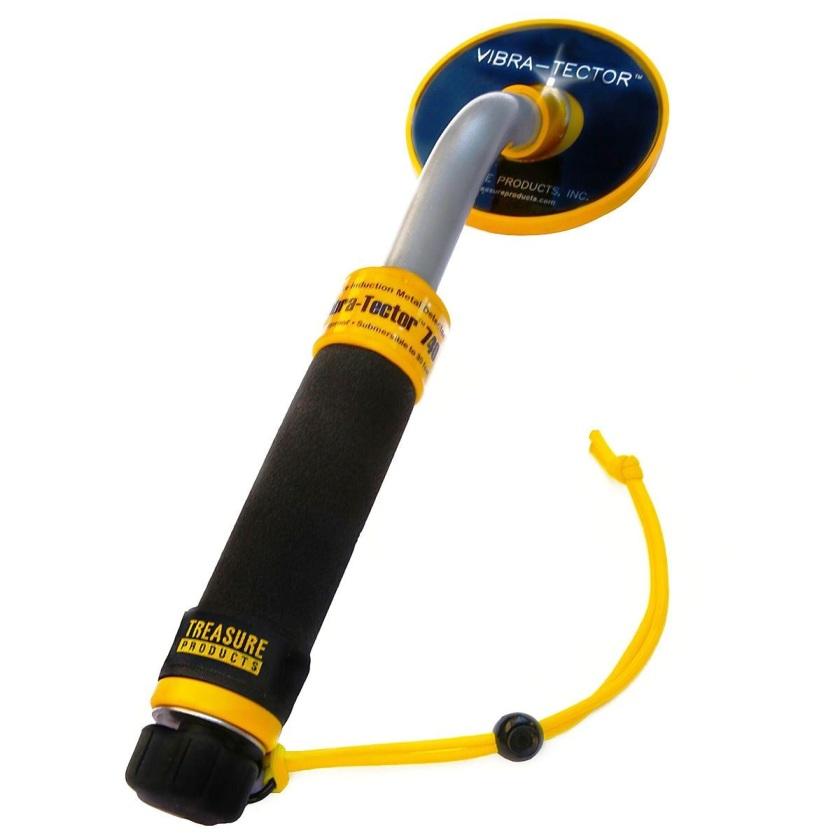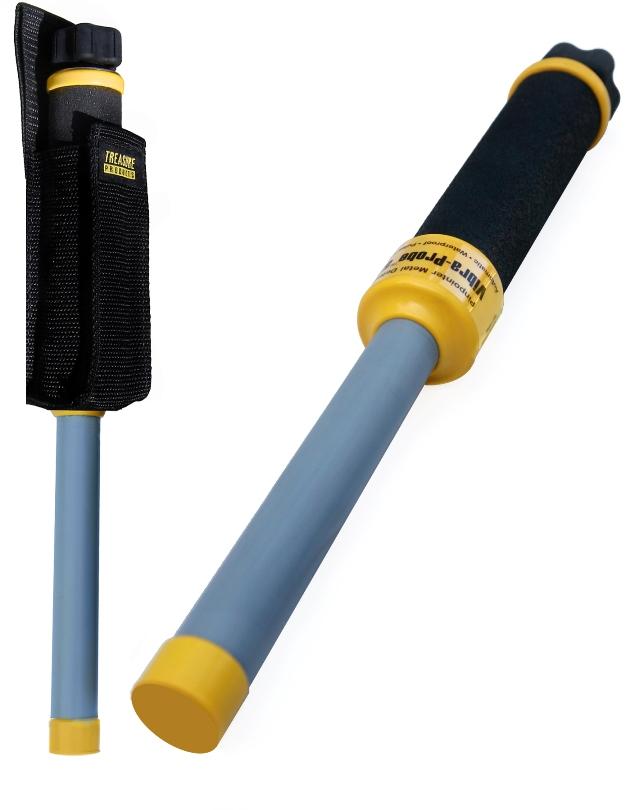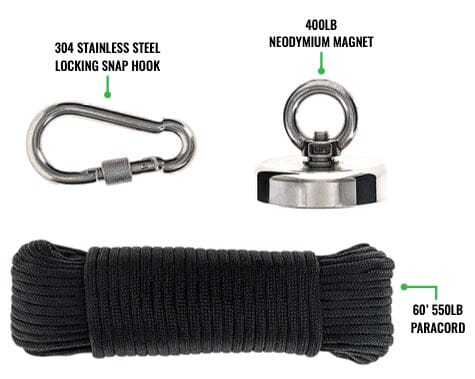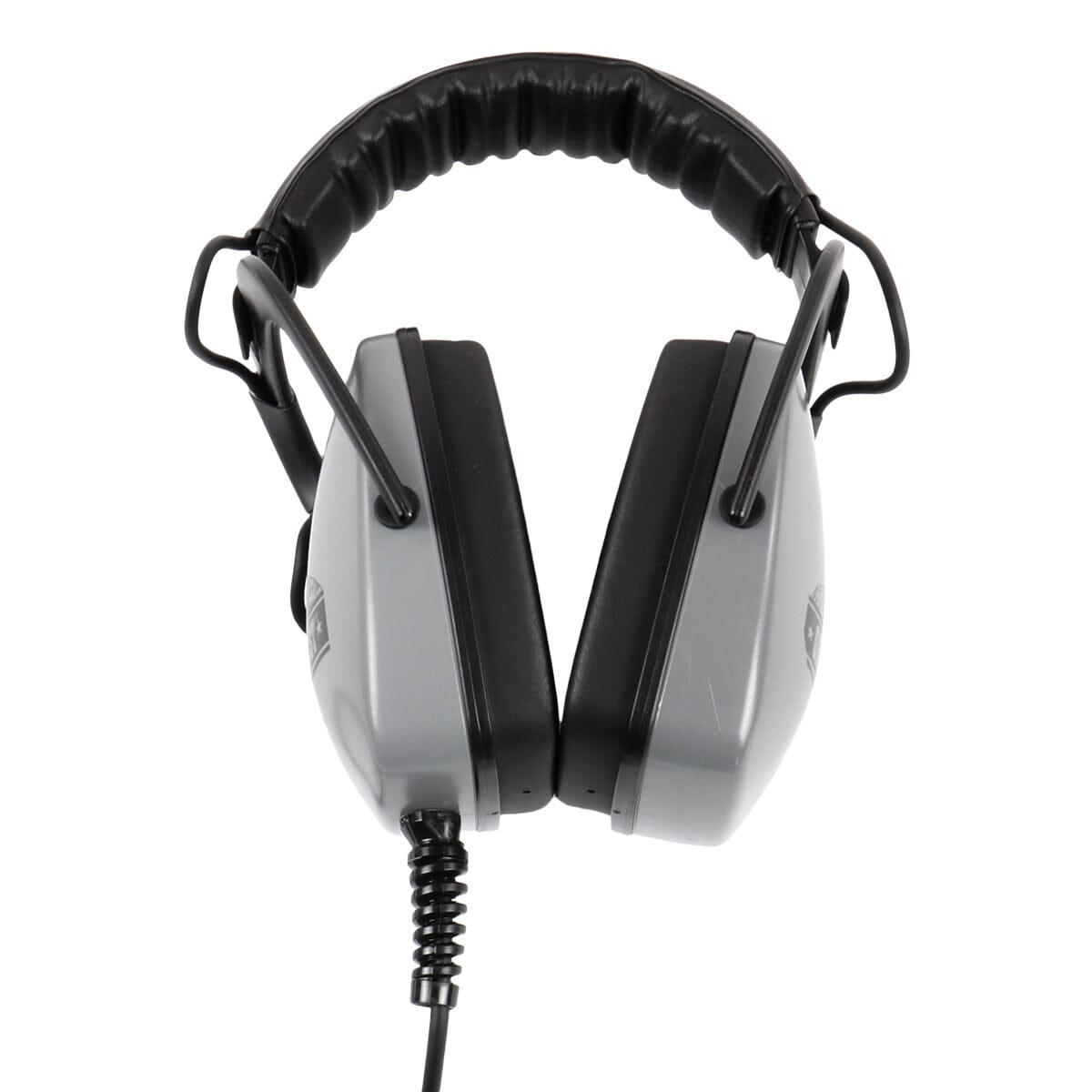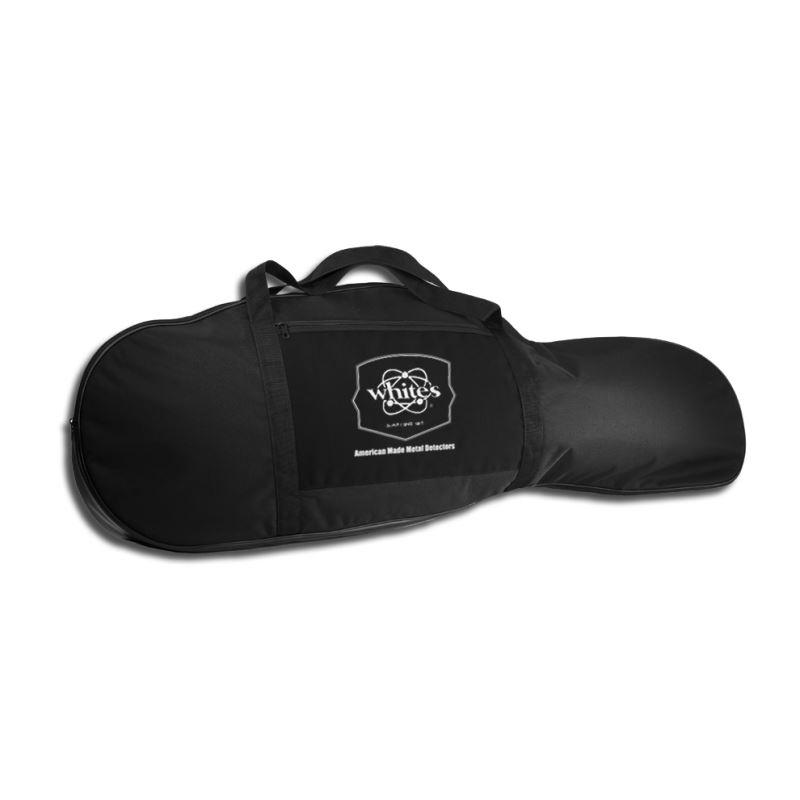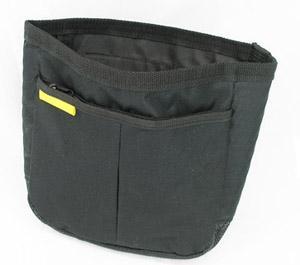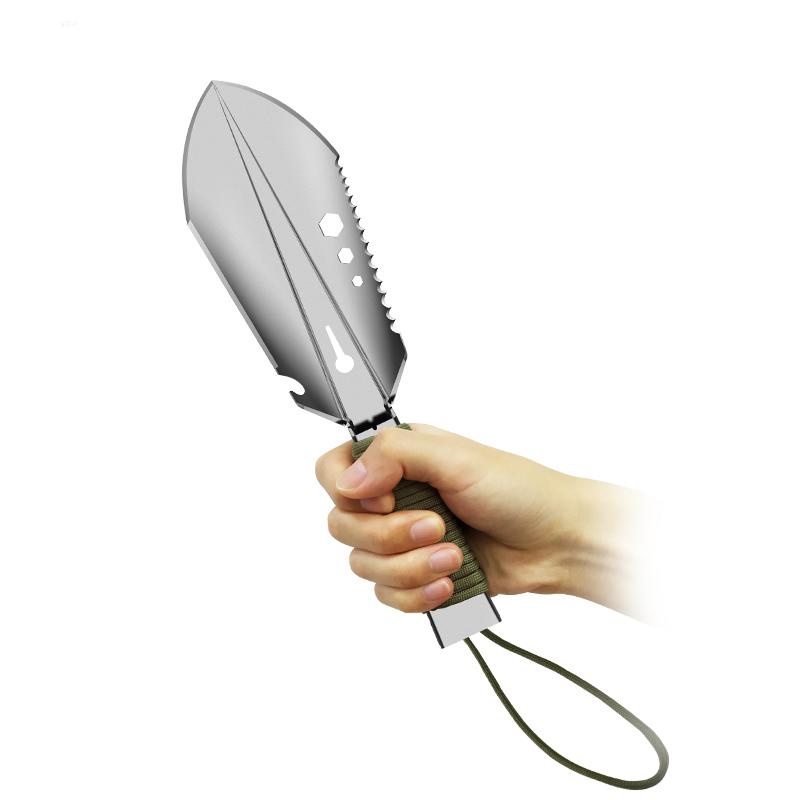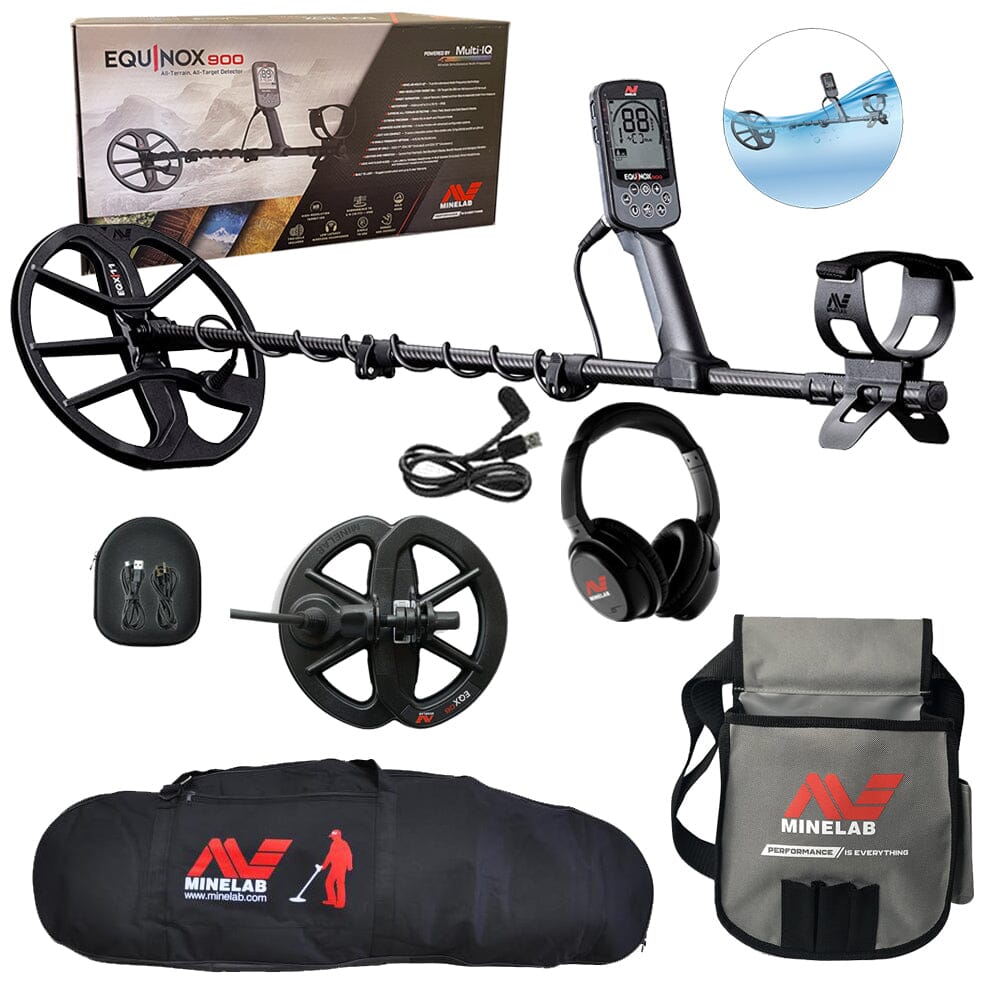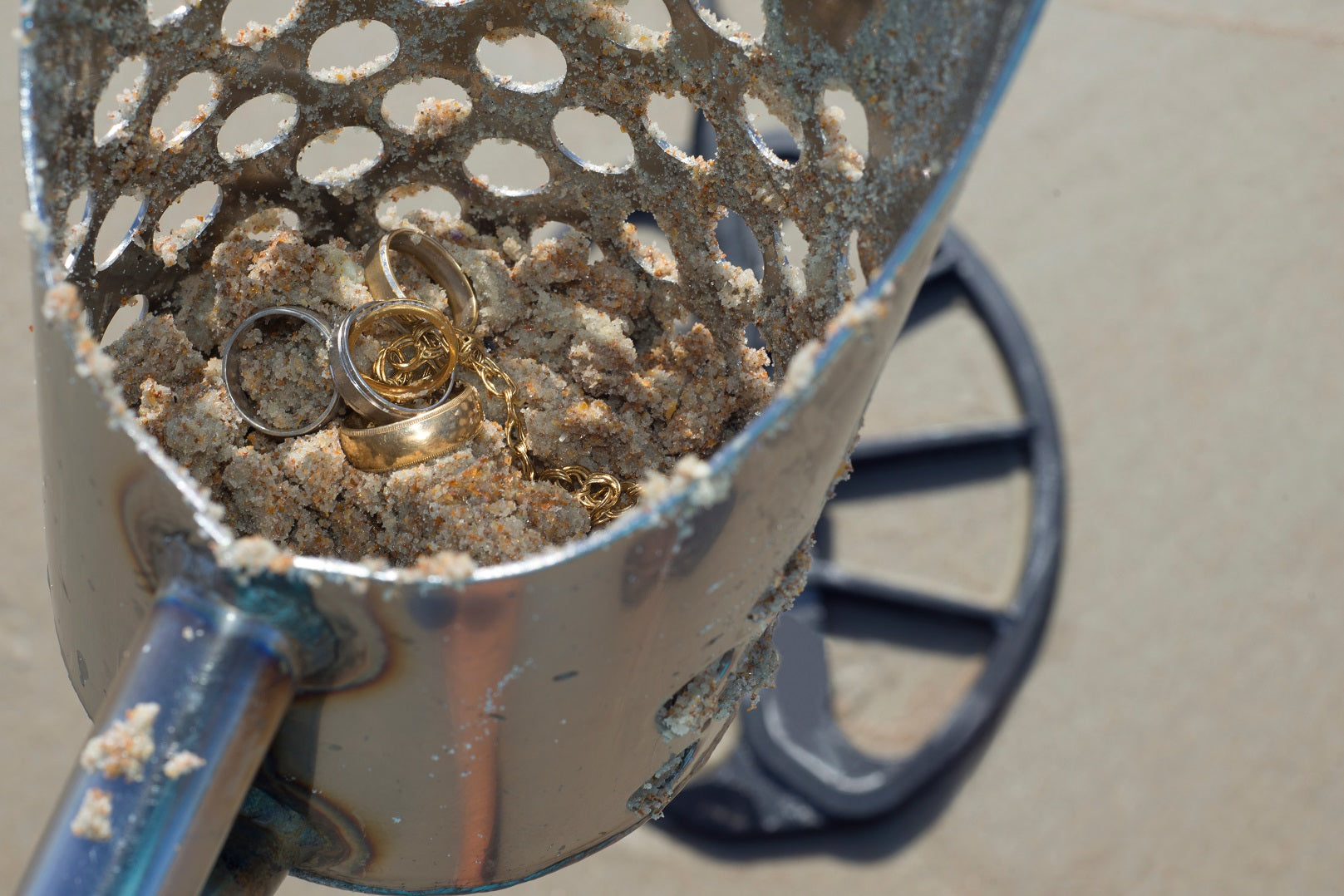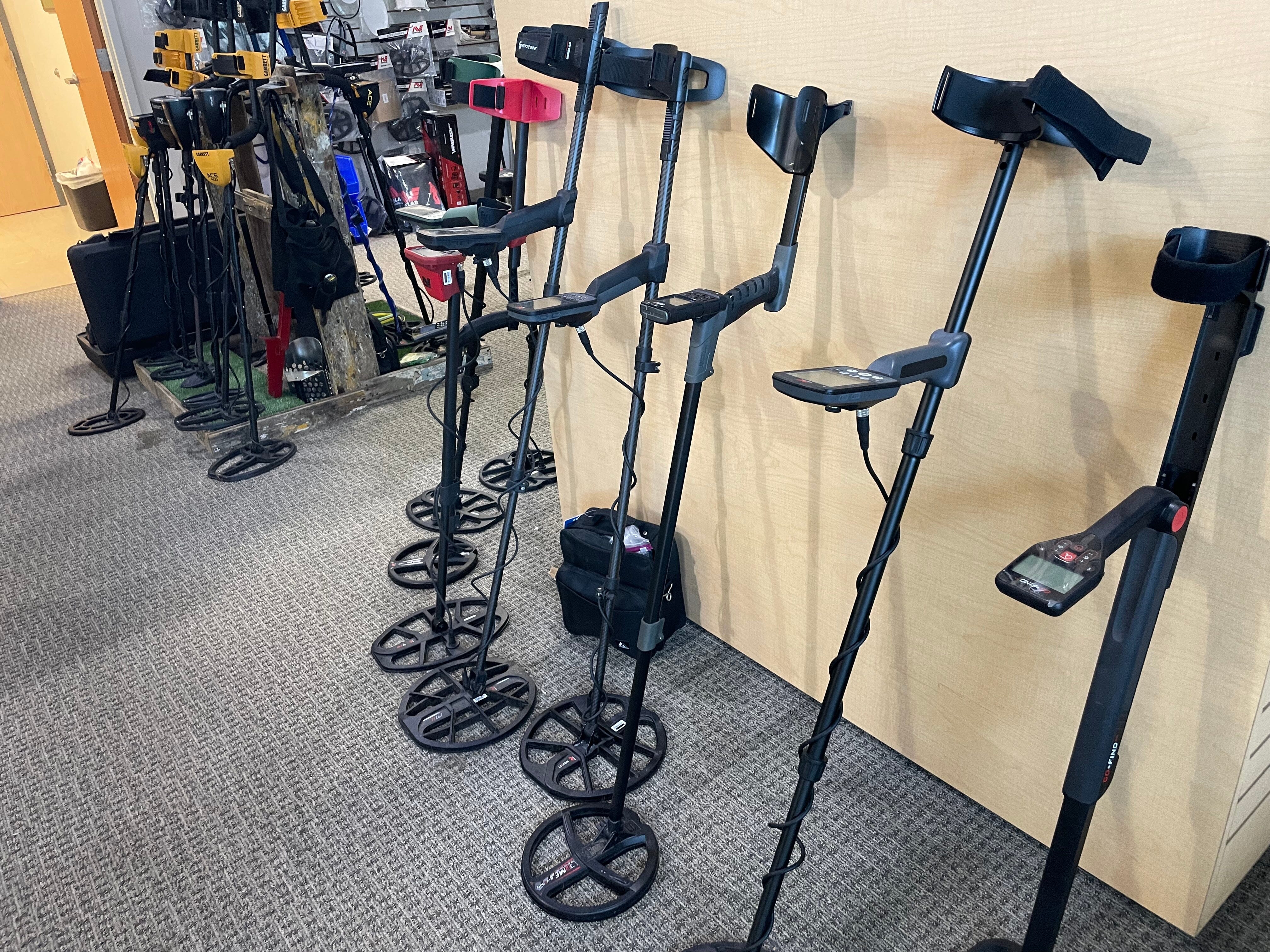Top Three Factors For Successful Metal Detecting
For those who are new to the sport of metal detecting, there are a lot of unknowns. Some people are super skeptical about the hobby. They don't think there are really treasures to be found underground. They may detect for a short period, not find anything and get discouraged. Take it from someone who has sold THOUSANDS of metal detectors and talks to thousands of detectorists across the country, there is buried treasure out there to be found. It happens every day.
If you are a seasoned metal detectorist, you already know what I am about to say. If you are new at the sport, listen closely as I am about to share with you three pieces of advice that will make you a successful metal detectorist. In my opinion, they are the three most important factors in finding treasure...other than going out frequently.
Initially you may be thinking that I am going to tell you that you have to gear up with the best, most expensive gear available. But, the amount you spend on a metal detector or other gear is not the most important factor at all. In fact, I don't believe it is in the top five. Below are the most important things to know about successful metal detecting.
1. Location, Location, Location
The first and most important factor in metal detecting success is to have good locations to metal detect. I could stop here because the point can be made in one sentence. But, I will clarify and help you learn how to find good locations to metal detect.
First, what makes a site good to metal detect? I like to share a little equation that is very easy to understand:
Time + Traffic = Treasure
This means that the longer a particular site has seen human traffic, and the more traffic it has seen, the better the odds are of finding something valuable. For instance, if you are hunting in the back yard of a brand new house in an area that has not been inhabited by a lot of people, you are much less likely to find anything valuable than if you were detecting in a lot that has had a house on it for 150 years. An even better site might be a place where more people congregated over that same period of time. For instance, imagine if that same 150 year old lot was once an old trading post or hotel that was part of a ghost town that no longer exists. Now, that is a good site!
Click Here to Read an Article on Finding Good Sites to Metal Detect
There is a lot of land out there that has been occupied for long enough to yield valuable treasure that has not been hunted out. For instance, dimes, quarters, half dollars, and dollars minted prior to 1964 were made of silver (and some of gold). Therefore it would make sense that any property that was occupied prior to this date might potentially yield some precious metals. Another good example are all of the small box-style houses that were created after the World Wars for soldiers that were coming back home. Large swaths of land were dedicated for these developments. Many of them are still being occupied today. You just have to get access to them.
2. Dig, Dig, Dig
I have detected with a great many, very good, metal detectorists. While it is important to be able to determine what a target might be before digging it, the fact is, discriminating too much can cost you. One piece of advice that tends to stand true is:
The Guy Who Digs The Most Wins.
When I first started metal detecting I hunted with someone who was far more advanced than I was. I would spend a great deal of time analyzing my signals and deciding if the object was one I wanted to waste time on. At the end of the day we would go back to the truck and empty our finds pouches. He would pull out a huge pile of junk and a decent pile of treasures. My trash pile was significantly smaller and so was my treasure pile. After experiencing this multiple times, I finally caught on. I would watch him and he was simply digging more targets than I was. Thus, he was digging more treasure.
His knowledge that sometimes, on a metal detector, a target that may at first seem like trash might actually be treasure. For instance, let's say you have been detecting a site all day - a field. Within an hour or so, by the process of digging up several older pull tabs, you determined it was a party site sometime back in the 60's. So, you decide to discriminate out pull tabs so you are not digging so many pull tabs. What you didn't know is that same party spot was a place where a young engaged couple (we'll call them Jack and Diane) broke up. It was a tragic end to what could have been a lovely union. That night, in a fit of rage, Diane took off her small gold engagement ring with a single diamond setting, and flung it out into the field. You missed it because you were avoiding pull tabs. Trust me, it happens.
Shop Now For Great Deals on Detector Supplies
3. Recover Quickly
The third and final factor I want to mention in this article ties into factor #2 above. There are three basic parts of the metal detecting process. Find a location to hunt, find a target to dig, and recover that target. We discussed the first two and that brings us to the third most important factor in successful metal detecting and that is:
Get Your Target Out of The Ground Quickly and Move On to The Next.
If you want to be the guy who wins, you have to dig more targets. Digging targets is a huge part of the metal detecting process. It can also be a very time consuming part of the process. This is the one factor that will require some equipment. But, it doesn't have to be expensive equipment. The three pieces of equipment you will need to quickly recover targets are:
- A metal detector with a pinpoint function
- A hand held pinpointer (also known as a probe)
- Good digging tools
Most basic metal detectors have pinpoint functions now days. If not, you may want to consider an upgrade. This is the button on the control box that you hold down to emit a continual signal to the coil and allows you to more accurately locate a target underground. It may take a little practice to use this function but once you learn your metal detector, you will be able use this along with the depth indicator on the screen to more accurately dig a plug around buried objects.
Once you determine what size of plug you need to dig, you will need to dig it. I recommend having a longer handled shovel so you can dig a nice round plug and a small hand trowel to separate the plug or to dig into the side of your hole to recover the object.
Once you dig your plug you will use your pinpointer to more accurately locate the target. We are talking down to the centimeter. Once you have located it, you will use your hand trowel to fully recover the object. Bada-bing, bada-bang, you are up and down and moving on the the next target. This will not only help you recover more objects (and thus more treasure) it will save a lot of time and energy in the process.
Final Thoughts
Yes, there are other important factors in being a successful metal detectorist. Like I mentioned, obviously you have to actually commit to getting out and doing it as much as you can. This gives you more opportunity to find stuff and helps you hone your skills. Yes, experience will help you be a better detectorist. And, yes, better equipment will help you out some. But, as I mentioned it is not one of the most important factors.
There is a lot to talk about when it comes to the sport of metal detecting. But, I hope for those of you who are now to the sport, these three little tidbits of advice shed some light on the sport and help you be a more successful detectorist.
Good luck and happy hunting!
Other articles related to this subject:
https://highplainsprospectors.com/blogs/news/are-all-of-the-good-metal-detecting-spots-hunted-out
https://highplainsprospectors.com/blogs/news/to-find-real-treasure-sometimes-you-have-to-get-off-the-beaten-path
You Might Be Interested In
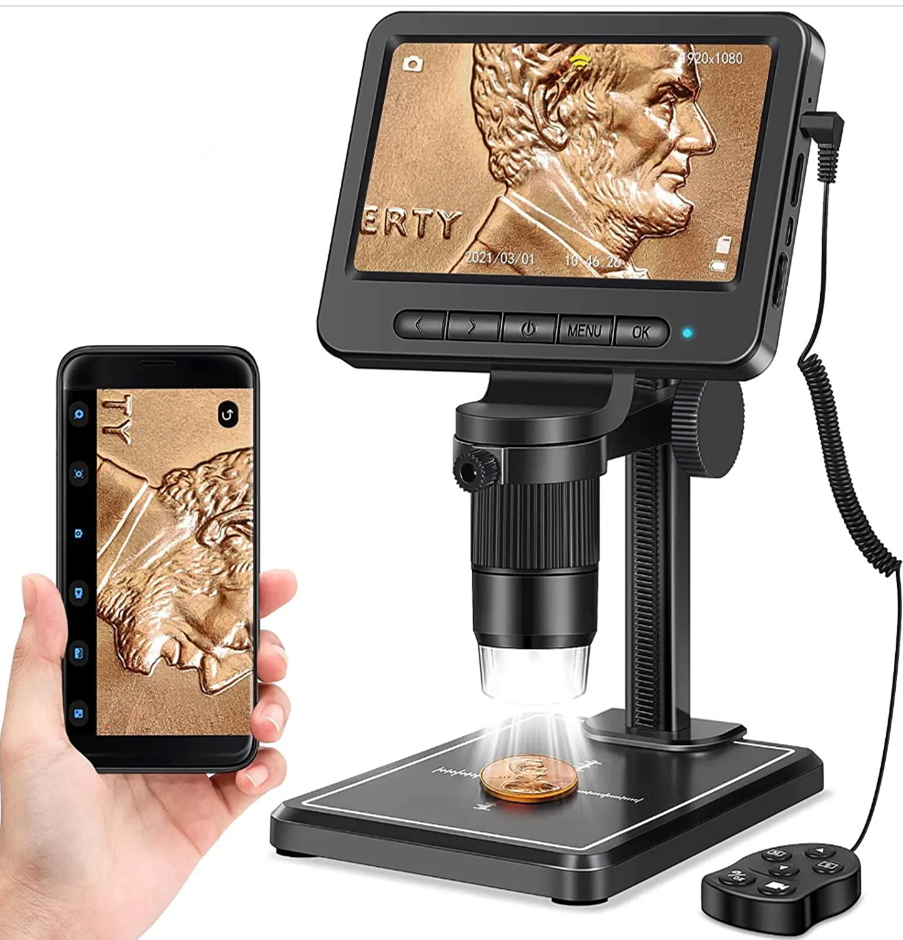
Coin & Relic Cleaning Supplies
Pair text with an image to focus on your chosen product, collection, or blog post. Add details on availability, style, or even provide a review.
- Choosing a selection results in a full page refresh.
